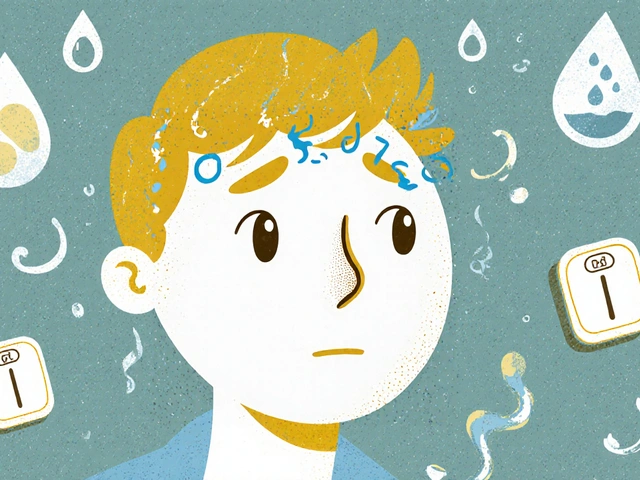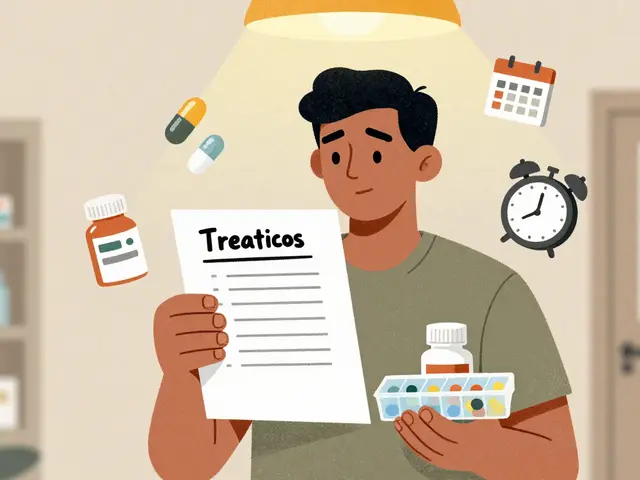Antiviral Resistance – Why It Matters and How to Combat It
If you or someone you know has taken an antiviral drug, you might have heard the term “resistance” tossed around. It sounds scary, but the idea is pretty simple: the virus learns how to dodge the medicine, making the treatment less effective. When that happens, a simple cold or flu can turn into a tougher illness that needs stronger (and often pricier) meds.
Understanding antiviral resistance helps you make smarter choices about when to start a drug, how long to stay on it, and what habits can keep the virus from outsmarting you. Below, we break down the basics and give you practical steps you can follow today.
How Resistance Develops
Viruses reproduce fast. Every time they copy themselves, there’s a chance for a tiny mistake – a mutation – to slip in. Most mutations don’t change anything, but some give the virus a tiny edge against the drug you’re using. If the drug can’t knock the virus out, the mutated virus survives, multiplies, and becomes the dominant strain.
This process speeds up when we use antivirals incorrectly. Skipping doses, stopping treatment early, or using the wrong drug for a particular virus all give the virus time to adapt. Think of it like a game of hide‑and‑seek: the more chances the virus has to hide, the better it gets at avoiding detection.
Another factor is over‑prescribing. When doctors prescribe antivirals for viral infections that don’t need them (like a common cold), we create unnecessary pressure on viruses to evolve resistance. That’s why guidelines stress targeted use – only give the drug when a proven benefit outweighs the risk.
Practical Steps to Reduce Resistance
Take the full course. Even if you feel better after a few days, finish the prescription. It ensures the virus is completely cleared and reduces the chance of leftovers that could mutate.
Follow the dosing schedule. Set reminders or use a pill organizer. Missing a dose gives the virus a breather, and that break can be enough for a resistant strain to take hold.
Only use antivirals when needed. Ask your doctor if the medication is truly necessary. For many viral colds, rest, hydration, and over‑the‑counter symptom relief are enough.
Stay up to date with vaccinations. Vaccines cut down the number of infections you’ll need to treat, which in turn lowers overall antiviral use and the pressure on viruses to become resistant.
Talk to your pharmacist. If you’re unsure about side effects, drug interactions, or how long you should stay on a medication, a quick call can clear things up and keep you on track.
By treating antiviral resistance like a preventable habit, you can protect yourself and help keep these powerful drugs working for everyone. The next time you reach for an antiviral, remember these tips – they’re simple, but they make a big difference.

When to Switch From Valtrex to Acyclovir: Practical Insights on Resistance and Dosing
Sometimes, sticking to a herpes medication that once worked just isn't cutting it anymore. This article dives into when and why a switch from Valtrex to acyclovir makes sense. You'll learn about real-life clinical triggers behind switching, what resistance means, and why dosing schedules matter to real people. Plus, get expert wisdom on navigating alternative treatments when the usual meds fail. This read breaks down complicated science into plain advice you can use—straight talk, not medical mumbo jumbo.



